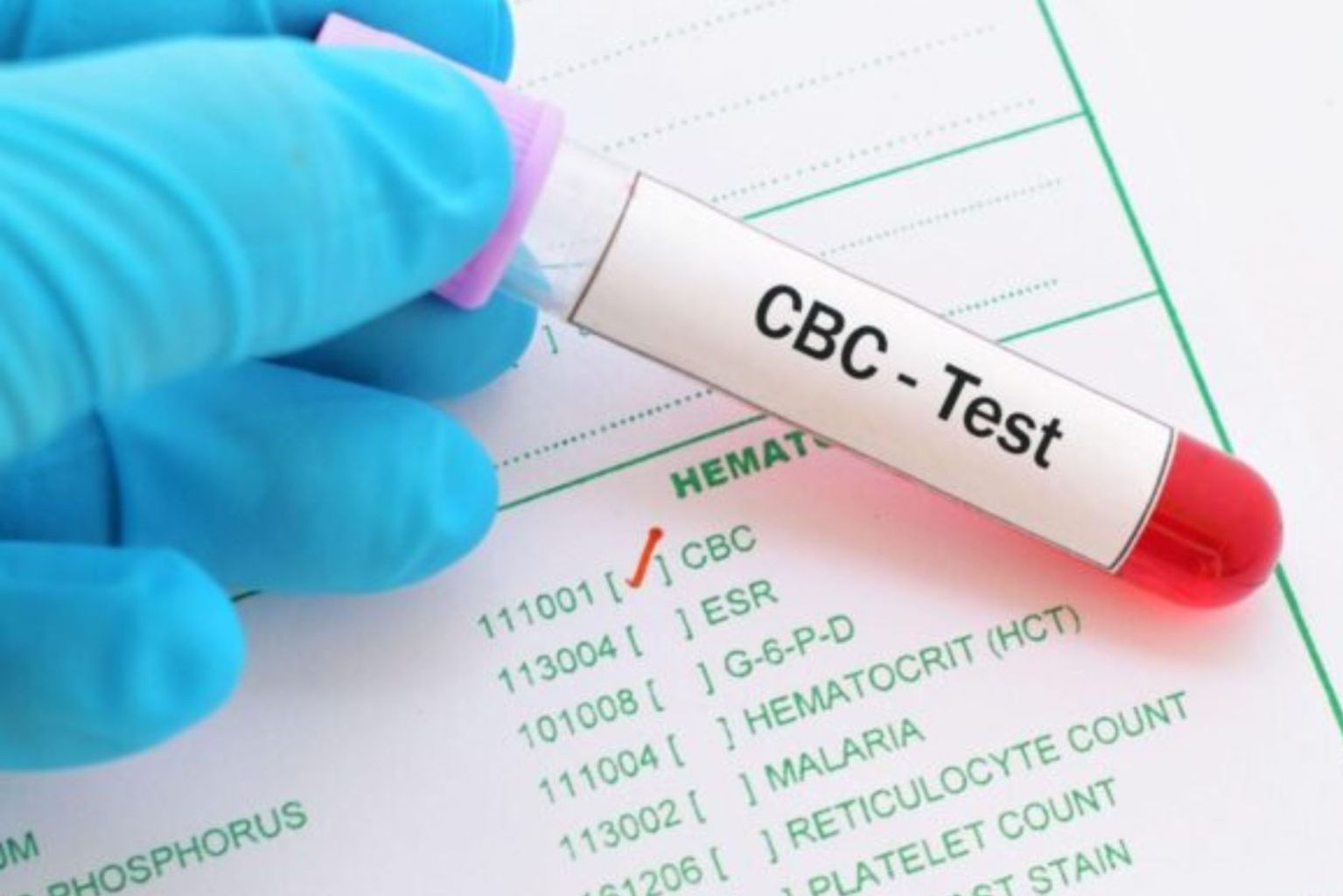
17 Feb Understanding CBC: A Essential Blood Test
Understanding CBC: A Essential Blood Test

The Complete Blood Count (CBC) is one of the most common and routine tests conducted in healthcare centres. It offers a thorough examination of the constituents of your blood, assisting medical professionals in the diagnosis of a number of ailments. A CBC test can provide important information about your general health, regardless of whether you are suffering from infections, exhaustion, or any other unexplained symptoms. We will discuss the definition of a CBC test, its significance, its measurements, and test-taking strategies in this blog.
What is a CBC?
Complete Blood Count (CBC) is a routine blood test that analyzes various blood components. It aids in the evaluation of your general health and the identification of numerous illnesses, such as blood-related conditions, infections, and anemia. The test is quick, easy, and only requires taking a tiny sample of blood, which is subsequently examined in a lab.
The CBC can give a comprehensive details of a person’s health status, as abnormalities in blood cell counts are often indicators of underlying health problems. Depending on the specific parameters of the test, the results can reveal whether a person is fighting an infection, has a vitamin deficiency, or has a serious disease.
Why is a CBC Test Important?
A complete blood count (CBC) test is essential for both diagnosing and tracking a number of medical conditions. Doctors advise a CBC test for a number of important reasons, including:
Detecting Anemia:
Fatigue, weakness, and dizziness are symptoms of anemia, which can be indicated by low hemoglobin or red blood cell (RBC) counts.
Identifying Infections:
White blood cell (WBC) counts that are elevated frequently indicate an infection or inflammation within the body.
Monitoring Blood Disorders:
Leukemia, clotting disorders, and other anomalies in the blood cells can be found with the aid of a CBC test.
Evaluating General Health:
To make sure everything is operating normally, a CBC test is often advised by doctors as part of a regular physical examination.
Tracking Medical Treatments:
When receiving treatment for diseases like cancer, a complete blood count (CBC) test helps track how your body reacts to drugs and treatments.
What Does a CBC Test Measure?
A complete report on the various components of the blood is provided by a CBC test. Let’s examine each element’s meaning and importance in detail:
-
Red Blood Cells (RBCs)
RBCs transport oxygen throughout the body from the lungs. The CBC test gauges:
- RBC Count – The number of red blood cells in blood.
- Hemoglobin (Hb or Hgb) – The protein in RBCs that carries oxygen.
- Hematocrit (Hct) – The proportion of blood made up of red blood cells.
Anemia, dehydration, or other illnesses may be indicated by abnormal RBC, hemoglobin, or hematocrit levels.
-
White Blood Cells (WBCs)
WBCs help fight infections. The test measures:
- Total WBC Count – The total number of white blood cells in your blood.
- WBC Differential – The proportion of various white blood cell types, such as basophils, eosinophils, neutrophils, lymphocytes, and monocytes.
While low WBC levels may point to a compromised immune system, elevated levels may be a sign of infections, inflammation, or immune system disorders.
-
Platelets
Platelets help in blood clotting. The CBC test measures:
- Platelet Count – The number of platelets in blood.
- Mean Platelet Volume (MPV) – Your platelet size on average.
Unusual platelet counts may result in clotting problems or excessive bleeding.
- Mean Corpuscular Volume (MCV) : Your red blood cell’s average size is measured by MCV. It aids in the diagnosis of various forms of anemia. Iron deficiency anemia may be suggested by a low MCV, whereas vitamin B12 or folic acid deficiencies may be indicated by a high MCV.
-
Mean Corpuscular Hemoglobin (MCH) and Mean Corpuscular Hemoglobin Concentration (MCHC)
These measurements establish the concentration of hemoglobin in a specific volume of blood as well as the amount of hemoglobin in each red blood cell. A variety of anemia types can be indicated by abnormal values.
Knowing the Results of Your CBC Test
Following the test, your physician will interpret the findings and provide an explanation. This is a broad guide:
- Normal CBC Levels: Your blood health is good if all of the values are within the normal range.
- High or Low Levels: Variations from the typical range could point to a condition that requires more investigation.
- Extra Tests: In order to identify the precise cause, your doctor may occasionally suggest extra tests if your CBC results are abnormal.
When Is a CBC Test Essential?
If you suffer from any of the following symptoms, your doctor might suggest a complete blood count (CBC) test :
- Unknown weakness or exhaustion
- Recurring infections
- Unusual bleeding or bruises
- Chronic fever
- Joint pain or swelling
In order to keep an eye on your health, people with long-term medical conditions like diabetes, heart disease, or autoimmune disorders might also require routine CBC tests.
Conclusion
A Complete Blood Count (CBC) test is a vital diagnostic procedure that offers important information about your health. It aids in the detection of a number of illnesses, ranging from severe blood disorders to anemia and infections. Frequent medical examinations, which include CBC tests, can aid in the early identification and prompt resolution of health problems. If your physician has recommended a CBC test, don’t put it off. Get tested at a reputable diagnostic facility to make sure you’re healthy.
Contact Vision Diagnostic Center, LLP right now to schedule your appointment for trustworthy and accurate CBC testing!


No Comments